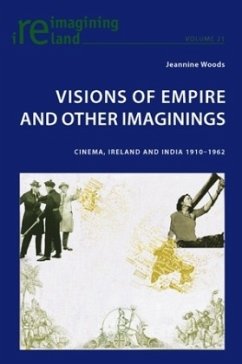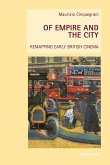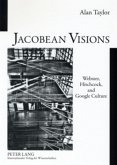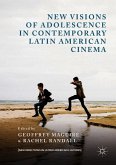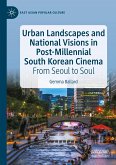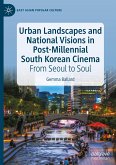This book was shortlisted for the ESSE Junior Scholars book award for Cultural Studies in English, 2012
Since its inception cinema has served as a powerful medium that both articulates and intervenes in visions of identity. The experiences of British colonialism in Ireland and India are marked by many commonalities, not least in terms of colonial and indigenous imaginings of the relationships between colony or former colony and imperial metropolis. Cinematic representations of Ireland and India display several parallels in their expressions and contestations of visions of Empire and national identity. This book offers a critical approach to the study of Ireland's colonial and postcolonial heritage through a comparative exploration of such filmic visions, yielding insights into the operations of colonial, nationalist and postcolonial discourse.
Drawing on postcolonial and cultural theory and employing Bakhtin's concept of dialogism, the author engages in close readingsof a broad range of metropolitan and indigenous films spanning an approximately fifty-year period, exploring the complex relationships between cinema, colonialism, nationalism and postcolonialism and examining their role in the (re)construction of Irish and Indian identities.
Since its inception cinema has served as a powerful medium that both articulates and intervenes in visions of identity. The experiences of British colonialism in Ireland and India are marked by many commonalities, not least in terms of colonial and indigenous imaginings of the relationships between colony or former colony and imperial metropolis. Cinematic representations of Ireland and India display several parallels in their expressions and contestations of visions of Empire and national identity. This book offers a critical approach to the study of Ireland's colonial and postcolonial heritage through a comparative exploration of such filmic visions, yielding insights into the operations of colonial, nationalist and postcolonial discourse.
Drawing on postcolonial and cultural theory and employing Bakhtin's concept of dialogism, the author engages in close readingsof a broad range of metropolitan and indigenous films spanning an approximately fifty-year period, exploring the complex relationships between cinema, colonialism, nationalism and postcolonialism and examining their role in the (re)construction of Irish and Indian identities.

